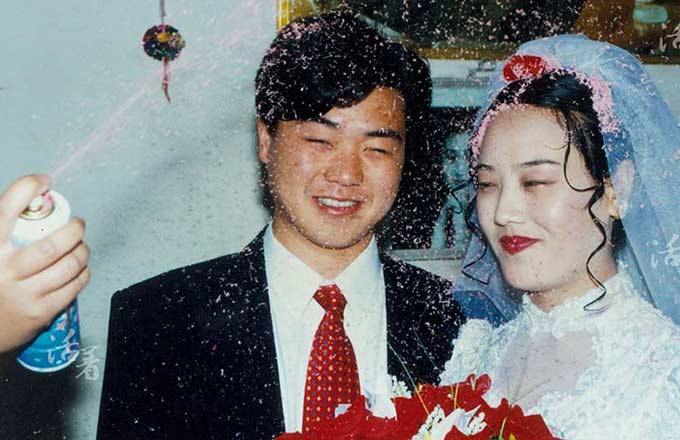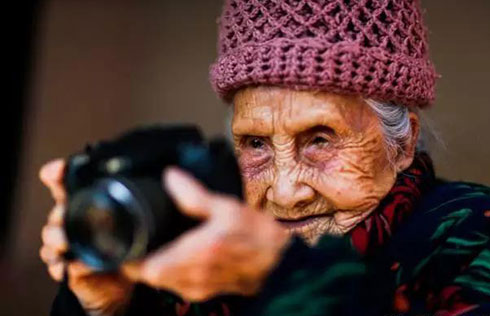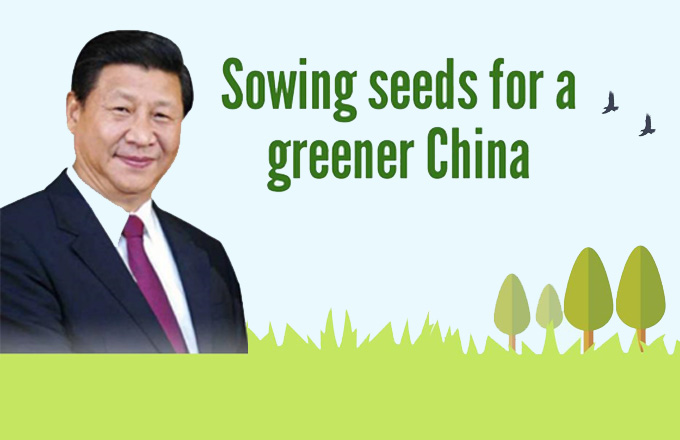Chinese poultry industry struggles to survive H7N9
Government support crucial
Poultry breeding has been a major sideline and income source for Chinese farmers for centuries. The sluggish demand for these products has led large poultry enterprises to face the risk of capital chain rupture and the much smaller individual raisers to struggle to make ends meet.
"If the market does not recover within a month, the 400,000 ducklings in Longhai city will have to be killed," said Lin Shundong, director of the Longhai Duck Breeding Association.
Lin called for the government to immediately start purchasing poultry products from the non-affected provinces at the price they commanded pre-H7N9, a move that would not only boost market confidence at present, but also stabilize the market in case of a supply shortage when demand revives.
The government should also encourage poultry processing enterprises to purchase, slaughter the poultry, freeze the meat and sell it when conditions recover, Lin urged.
For poultry breeding companies and farmers in the affected areas, the government should subsidize their business, suggested Li Guoxiang, a researcher with the rural development institute under the Chinese Academy of Social Sciences.
"China should set up a systematic rescue mechanism," Li said. "Subsidies and rural insurance could be integrated to tackle the crisis."
So far, the governments of Shanghai and Zhejiang have released policies to support the poultry industry.
Under Shanghai's subsidy standard announced on April 10, poultry farms can get 15 yuan ($2.4) for each bird they have kept in stock between April 1 and 30. Individual farmers can get 3 yuan for egg-laying hens.
The Shanghai municipal government is also purchasing chickens from farmers at a set price to help them offset losses, and paying back poultry merchants for slaughtering their stocks with no less than 50 percent of the birds' market prices.
The Zhejiang provincial government issued a similar policy on April 16, giving subsidies to affected farmers, breeding farms and processing firms.
The government should also be highly alert to the risks behind massive culling of poultry, said Xiao Zhiyuan in Guangdong, advising that it make efforts to guarantee the safe disposal of culled poultry in special disposal pools to prevent any contagion.
To avoid a retaliatory price rebound in the future, the government should also give technological guidance to poultry raisers to protect their production capabilities, added Li Guoxiang.

























